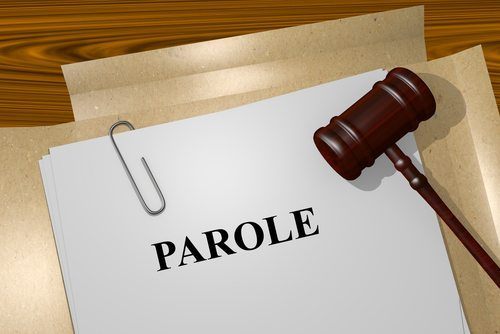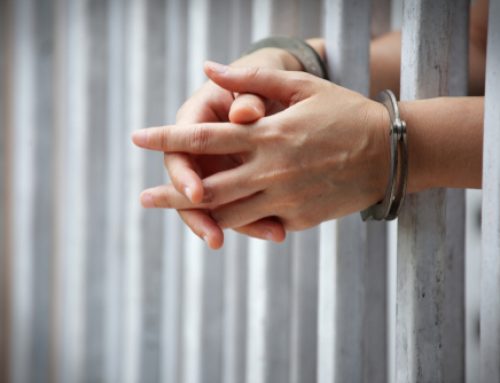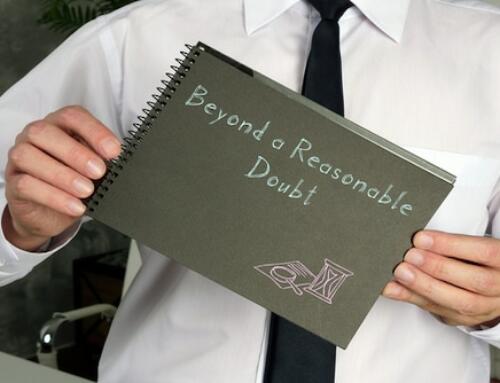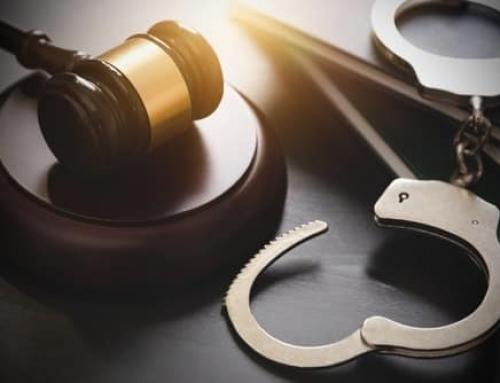Pennsylvania has a fairly complex system for paroling eligible prisoners that it first enacted through the Parole Act of 1941, and refined through Title 61 and Title 42. This act created the Pennsylvania Board of Probation and Parole, which defines parole as a conditional release of a prisoner after their minimum sentence date passes but before their maximum sentence date. Someone who is on parole serves the rest of their sentence in the community but under the supervision of the Parole Board.
Parole in Pennsylvania – A Privilege But Not a Right
While anyone who has served the minimum of his or her sentence can get parole, it is very much a privilege and not a right. There are many steps to getting parole. You have to develop a re-entry plan with a parole agent and review your case before you get an interview with the Parole Board. The Parole Board tries to perform the interviews 4 months before the minimum sentence passes, and if they grant parole, you still must fill out a checklist of conditions to be released. If you are released, you must report to the district office or community corrections office within the first day.
Parole always comes with conditions. Common conditions are rules about where you must live, how much financial restitution you must pay when you pay court costs, and how often you have to check in with your parole officer. However, there will also be more conditions tailored to your particular situation. These rules apply until your maximum sentence is finished.
Violating Parole in Pennsylvania
If you violate the conditions of your parole, the Parole Board can inflict a variety of sanctions on you from increased urine tests, curfew, mandatory program participation, in-patient treatment, or, of course, time in the Parole Violator Center. The Parole Violator Center is a CCC where you can’t leave for 60 to 120 days, and you will have to complete a program to return home. If you don’t complete your program within the prescribed time, you will return to jail. If you stop checking in with your parole officer, are convicted of another crime, or are accused of assaulting behavior you will go back to jail.
If you are detained or recommitted for a parole violation, you have a right to two hearings, a first-level hearing, and a second-level hearing. A first-level hearing is a preliminary hearing for technical parole violations. This hearing must be held within 14 days of detention, and its purpose is to decide if the Board should let you continue on parole or if they should detain you for a second-level hearing. The second level hearing is held within 120 days of detention and will decide if you should continue on parole or if your parole should be revoked. The hearings can find that they should recommit you only if the ‘preponderance of the evidence’ indicates that you violated parole.
At both hearing levels, you are allowed to have counsel. If you want counsel, but none is present, the examiner shall document this and terminate proceedings.
You can appeal the findings of the hearings. Any interested party, through a criminal defense attorney, unless you don’t have any, can send a letter to the Board of Probation and Parole saying why the findings of the hearings are incorrect. This letter must be sent within 30 days of the date stamped on the decision to be considered. When the Board gets the letter, an employee of the Board that the Chairperson picks will review the decision. The employee will only be able to consider if the decision is supported by substantial evidence, if there was an error of law, or if there was a violation of Constitutional law.






